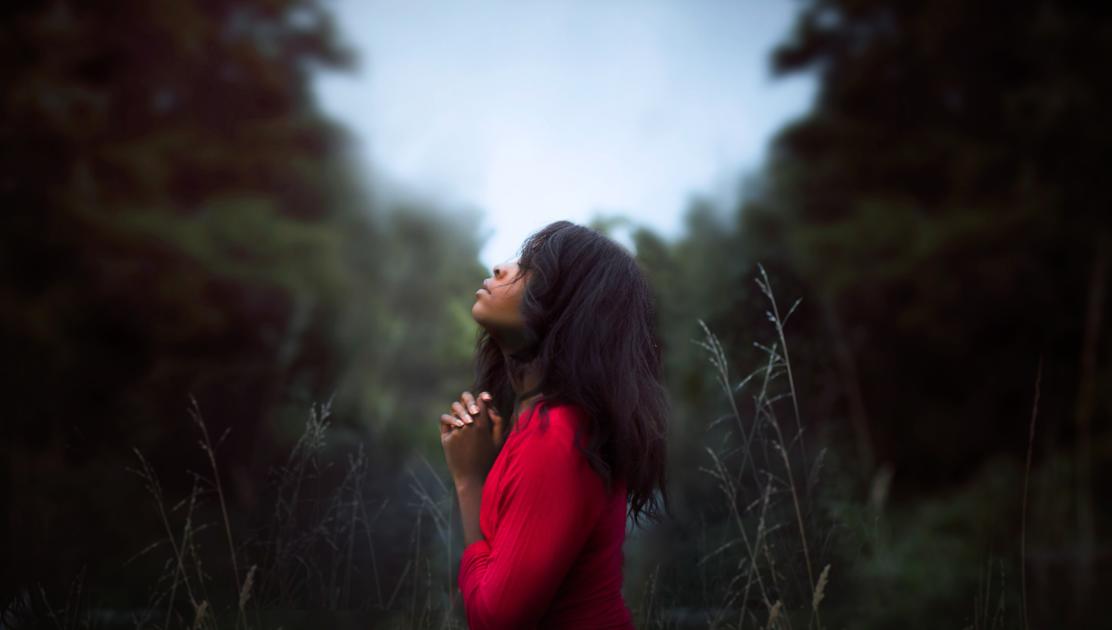Opening to Joy and Love
By Sebene SelassieWhen I was first diagnosed with breast cancer at age 34, I was fortunate to be surrounded by many loving friends and family who were ready to support me in whatever ways I needed. Apparently, I didn’t think I needed much.
I was already a student of Buddhism and a yogi with a very healthy self-care routine. I was also a control freak. I spent a lot of my time after my diagnosis not just not falling apart, but (seemingly) keeping things extremely together. I got even healthier: I researched every treatment possibility, adopted multiple alternative therapies, went on more meditation retreats, I even did a yoga teacher training — all while working full-time. Although friends gave me emotional support (simply by reaching out, spending time with me, and listening), I asked others for very little.
Despite my attempt to be on top of it all, shame, fear, and despair did creep in. Especially at night. Lying in bed, I wondered what it was that I had done to cause this or panicked that I had chosen the wrong treatment path or started to plan my funeral. In “private” (during meditation and even with my therapist), I tried to “practice” with these thoughts attempting to make space for tears and anguish. In reality, I would spend barely a few moments allowing my awareness to touch these difficult states. Then I would ricochet back to analyzing, planning, and acting.
With friends and family, I was careful not to reveal anything too negative. I presented everything I said and did as positive and proactive. I wanted to feel in control and because I could not control my body, I tried to control my feelings (tried, not did). In fact, I could not share my feelings because I was not truly feeling them. And I could not feel them because I did not want to face what was actually happening.
I was resisting opening to fear, grief, and doubt. I didn’t want to experience fully the pain of having Stage 3 cancer as a single, thirtysomething, black woman (and certainly didn’t want to burden others with this). So, I didn’t. But in trying to not feel, I couldn’t be in any moment wholeheartedly. And I could not receive all that others wanted to give me.
It wasn’t until things really starting falling apart that I began (by force) to truly open up — open to my emotions and the challenges. and open also to the joy and love that were always waiting within a full experience of each moment.
At a certain point in my treatment, I became extremely sick. I had side effects that were keeping me from retaining food and fluid. I was losing weight, becoming more and more dehydrated and going back and forth to the emergency room. I could not work, I could not run errands, I could barely walk. Without family nearby, I became totally dependent on my friends for everything–for walking my dog, doing my laundry, filling my prescriptions, making me food, rubbing my head, drying my tears, getting me dressed, shuttling me back to the ER. I was exhausted, in extreme pain, and afraid.
I did not let go of control. It was ripped away.
The late Zen teacher Charlotte Joko Beck said, “Joy is whatever is happening, minus our opinion of it.” She’s not talking about happiness or unhappiness (those are usually linked to pleasure and pain, liking and disliking), but the simple presence that is beyond liking and disliking. A simple moment of breathing or being with someone who truly cares for you. There can be joy in that, even in the worst of circumstances.
When I ended up in the hospital with kidney failure, weak, in pain, with tubes down my nostrils to pump my stomach, I got into a hysterical laughing fit with my dear friend Ahmad. I was not happy. It was not pleasant. But I dropped my opinion about the situation (which was all about disliking) and found a moment of pure laughter, of joy, in the absurdity of it all. This is possible.
I think joy and love come from the same place — the ability to pause and be present with what is actually happening with an open heart and mind – without opinion, without control.
So maybe joy is whatever is happening, minus our opinion of it, and love is whatever is happening, minus our attempt to control it.
Sebene Selassie is a meditation teacher and certified Integral Coach®. She currently serves on the Board of Directors of the Barre Center for Buddhist Studies. Sebene is a breast cancer survivor.
Sebene Selassie will be one of the keynote speakers at the upcoming Contemplative Care Symposium on November 8-11, 2018. To learn more about the symposium and register, please click here.
Photo by Diana Simumpande on Unsplash
